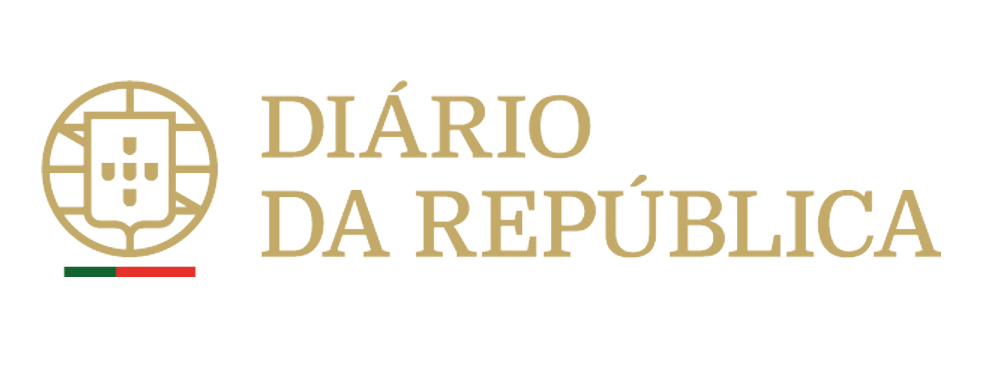Knowledge must inhabit every day, so we must not forget the best that has been done and studied, and we must value the path that has been built. Considering the complexity of research in this field and the dispersion of good practices, in this project we will try to make excellent practices visible, whether in the arts, science or public policy, but… in moderation because we know that your time is a valuable place!
 Child Poverty_ Resource Repository
Child Poverty_ Resource Repository
The UNICEF Child Poverty Repository is an online resource platform that brings together global data on child poverty. It provides access to up-to-date information on material deprivation, inequality and multiple vulnerabilities faced by children around the world. By providing this information, this repository allows the dissemination of knowledge and data on the issue, contributing to a more informed, critical, rigorous and robust view of it.
 Portuguese Strategy to Combat Poverty [2021- 2030]
Portuguese Strategy to Combat Poverty [2021- 2030]
The Portuguese Strategy to Combat Poverty (2021-2030) emerged within the framework of the European Pillar of Social Rights and through Council of Ministers Resolution no. 184/2021, of December 29, “as a central element of the objective of combating poverty, as part of the strategic challenge of reducing inequalities”, as described therein. This strategy is based on concrete measures covering areas such as housing, education, employment and social protection, promoting more inclusive and sustainable development. Its strategic axes focus not only on reducing poverty among children and young people and their families, but also on reducing the systemic risk of poverty and breaking this transgenerational cycle, through long-term structural public policies.
